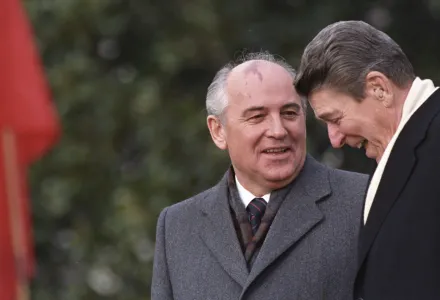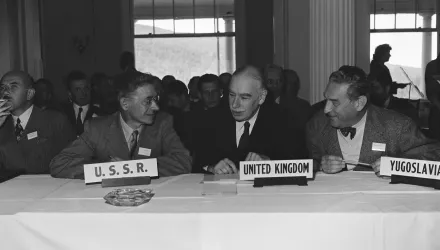International Security is America's leading peer-reviewed journal of security affairs.

Existing scholarship emphasizes hawks’ advantages in making peace, focusing on electorally accountable leaders. But most international rivalries feature at least one leader who faces no meaningful electoral check. This article argues that in low electoral accountability autocracies, the credibility problem that doves face in selling peace at home becomes less important than their motivation to cooperate internationally. As a result, doves, not hawks, should be more successful peacemakers in autocracies.
Michael A. Goldfien, "To Agree or Not to Agree: Hawks, Doves, and Regime Type in International Rivalry and Rapprochement," International Security, Vol. 50, No. 2 (Fall 2025), pp. 162–192, https://doi.org/10.1162/ISEC.a.15.



